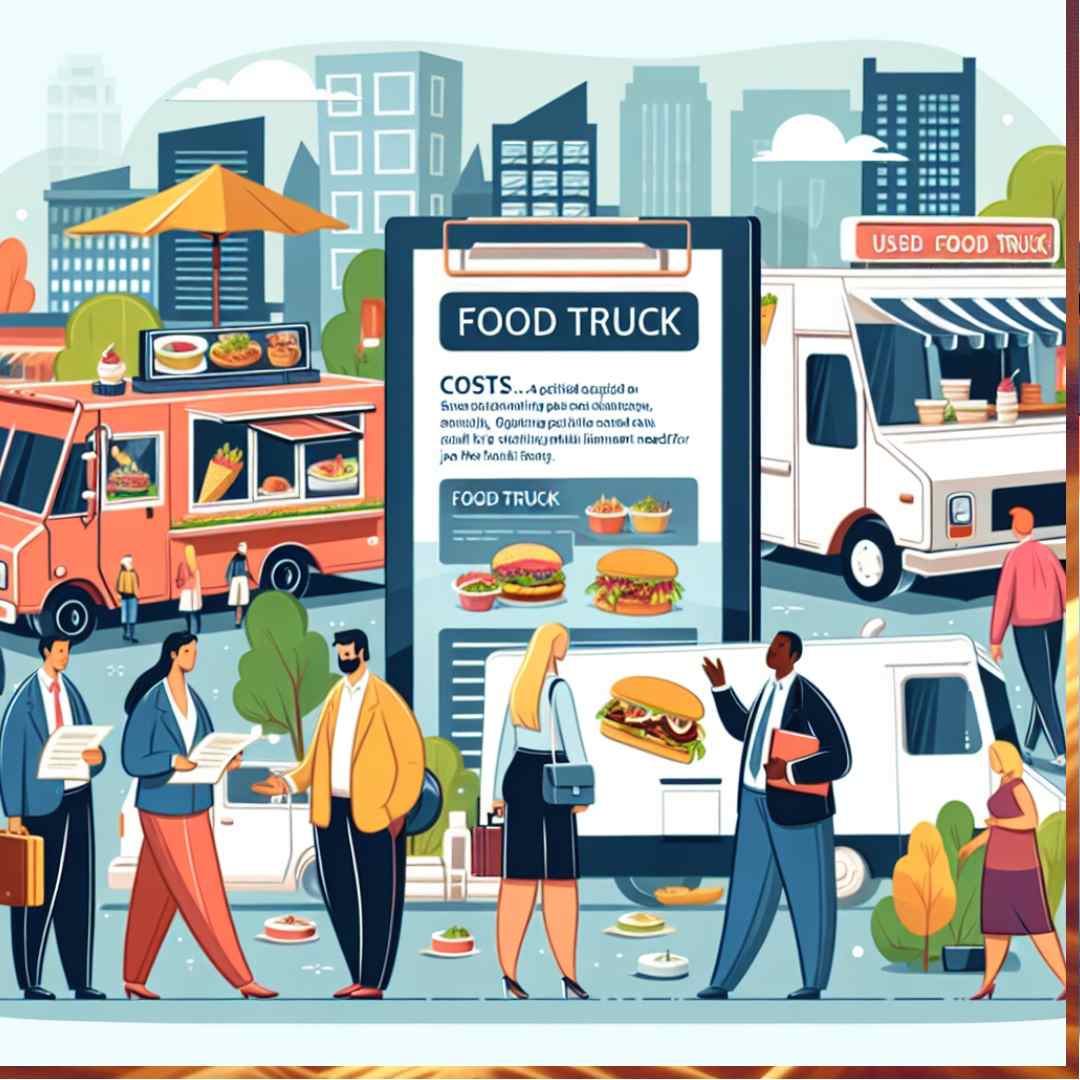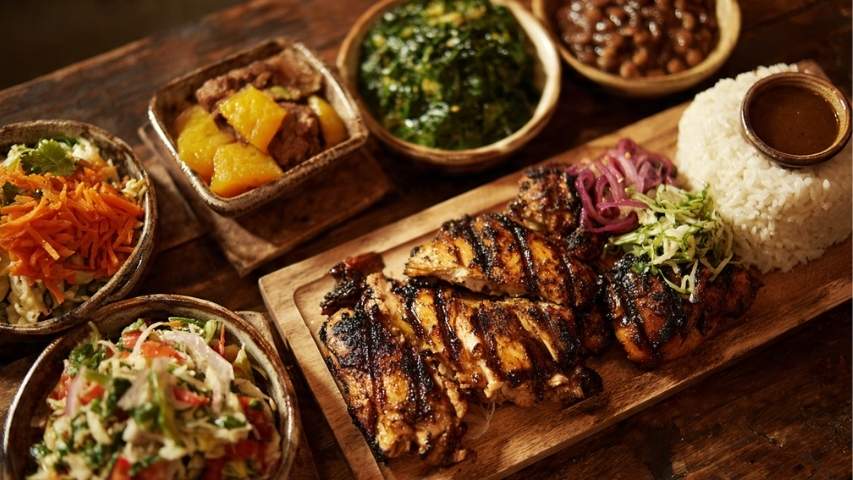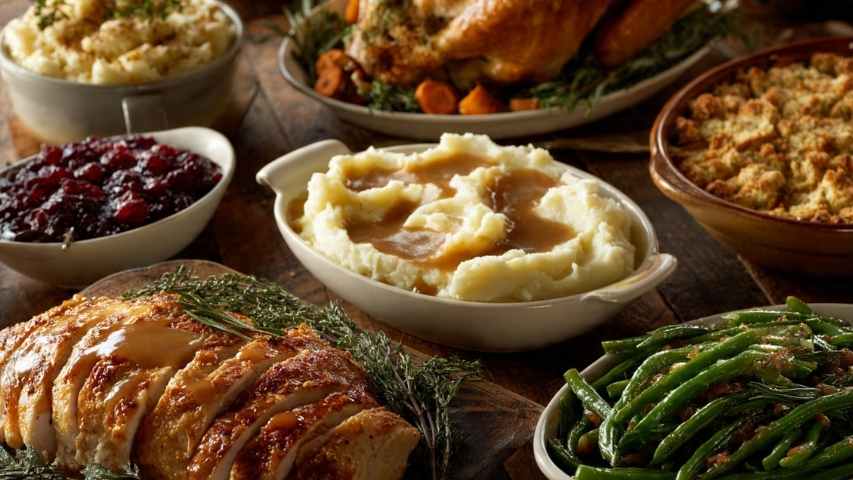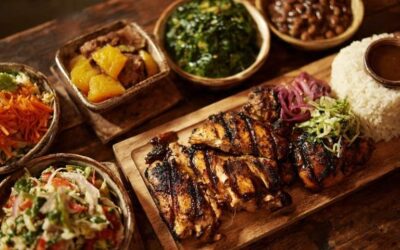In the bustling world of street food, owning a food truck is a dream for many aspiring entrepreneurs. It’s the freedom to roam city streets, the joy of feeding people delicious food, and the allure of being your boss. But before you hit the road, knowing how much a used food truck costs is crucial. This guide is tailored for you—aspiring food truck owners, enthusiasts, and small business dreamers eager to make an informed decision about entering the vibrant mobile culinary scene.
Understanding the Food Truck Craze
Food trucks have become increasingly popular. Gone are the days when street food was limited to hot dogs and pretzels. Today, food trucks offer gourmet meals, vegan specialties, and international cuisines. The flexibility to switch locations and serve diverse menus makes food trucks appealing. For aspiring entrepreneurs, it’s not just about cooking; it’s about creating a unique dining experience on wheels.
Factors Affecting the Cost of a Used Food Truck
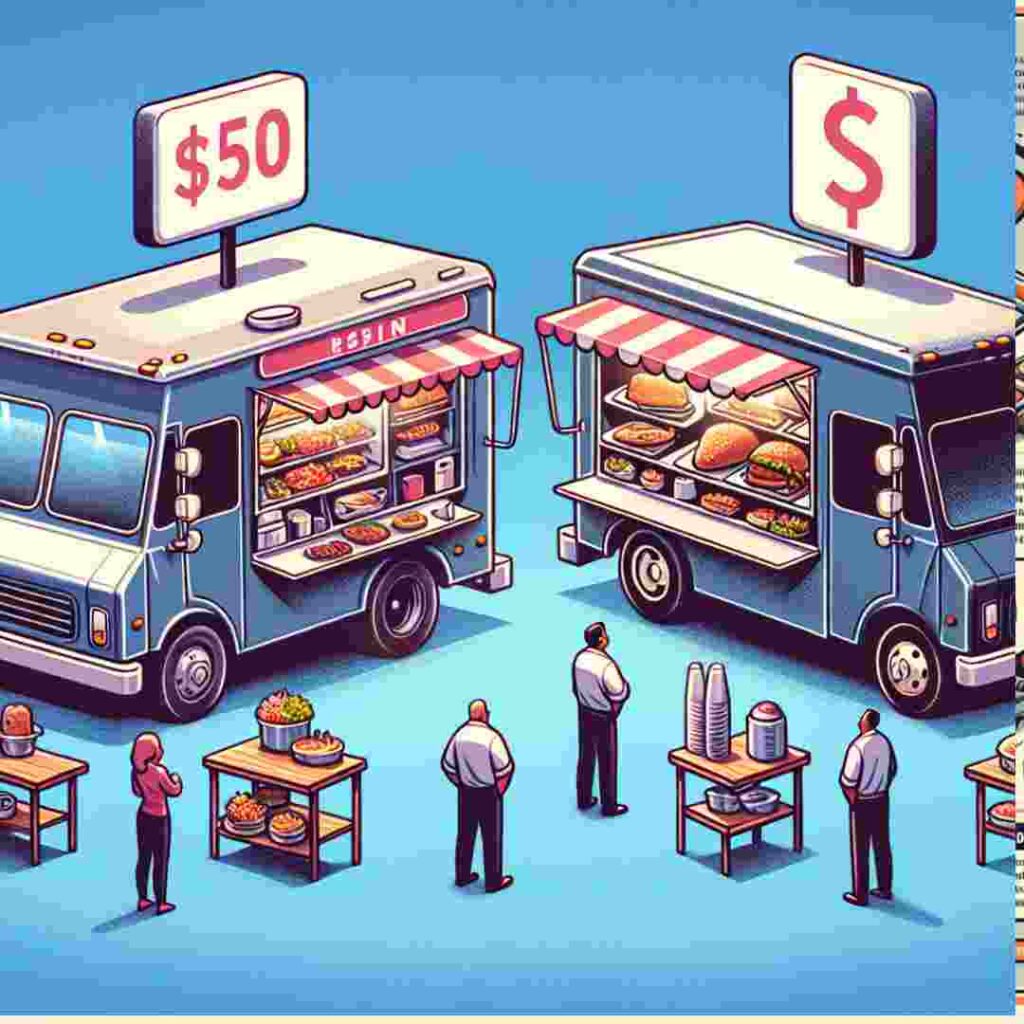
Size Matters
The size of the food truck significantly impacts its cost. Larger trucks provide more space for equipment and staff but have a heftier price tag. Smaller trucks are more affordable but may limit menu options. Your business plan must find the right balance between size and cost.
Age and Condition
The age and condition of a used food truck can vary widely. Older trucks may be cheaper upfront but could require costly repairs and maintenance. Newer models, though pricier, tend to have fewer mechanical issues and offer more modern features. Inspecting the truck thoroughly or hiring a mechanic can save future headaches.
Equipment and Customization
A fully equipped food truck with built-in kitchen appliances will cost more than a bare-bones option. However, investing in a car that suits your cooking needs can save money in the long run. Consider the type of cuisine you’ll serve and ensure the truck can accommodate necessary equipment like grills, fryers, or refrigeration units.
Exploring Price Ranges

Entry-Level Trucks
Entry-level food trucks typically cost between $20,000 and $50,000. These trucks might be smaller or older models, ideal for those starting with a limited budget. While they may require some initial repairs or upgrades, they offer a more affordable entry point into the industry.
Mid-Range Options
Mid-sized trucks with moderate wear and tear are available in the $50,000 to $100,000 range. These trucks often come with decent equipment and may need minimal customization. They balance affordability and operational efficiency, making them popular among new food truck owners.
Premium Selections
Premium used food trucks can exceed $100,000 and offer advanced features, custom designs, and high-quality equipment. These trucks are often larger and equipped to handle high-volume service. Investing in a premium truck could provide long-term benefits for entrepreneurs planning to cater events or serve various foods.
Initial Purchase Costs
Beyond the sticker price, consider additional costs such as taxes, registration, and inspection fees. To avoid financial strain once you purchase, set aside 10-20% of your total budget for these expenses.
Ongoing Expenses
A food truck involves ongoing costs, including permits, licenses, insurance, and fuel. Regular maintenance and unexpected repairs are inevitable, so allocate funds for these expenses. A detailed budget helps manage your finances effectively and ensures your business remains profitable.
Financing Options
Securing financing for a used food truck can be challenging but possible. Traditional bank loans, Small Business Administration (SBA) loans, and specialized food truck lenders are viable options. Compare interest rates, repayment terms, and eligibility criteria to find the best fit for your financial situation.
Advantages of Going Pre-Owned
Opting for a used food truck can save significant money compared to buying a new one. Lower upfront costs can be redirected toward marketing, branding, or enhancing your menu. Additionally, buying used can speed up getting your business on the road.
Potential Drawbacks
However, used trucks may come with hidden issues. Without a warranty, repair costs could escalate quickly. Depreciation might also be a concern if you plan to sell the car later. Conducting thorough inspections and considering vehicle history reports can mitigate these risks.
Long-Term Value
Despite potential drawbacks, used food trucks can provide excellent long-term value if appropriately maintained. Regular upkeep, timely repairs, and thoughtful upgrades can extend the truck’s lifespan and maintain its resale value, offering financial security in your entrepreneurial venture.
Tips for a Successful Purchase
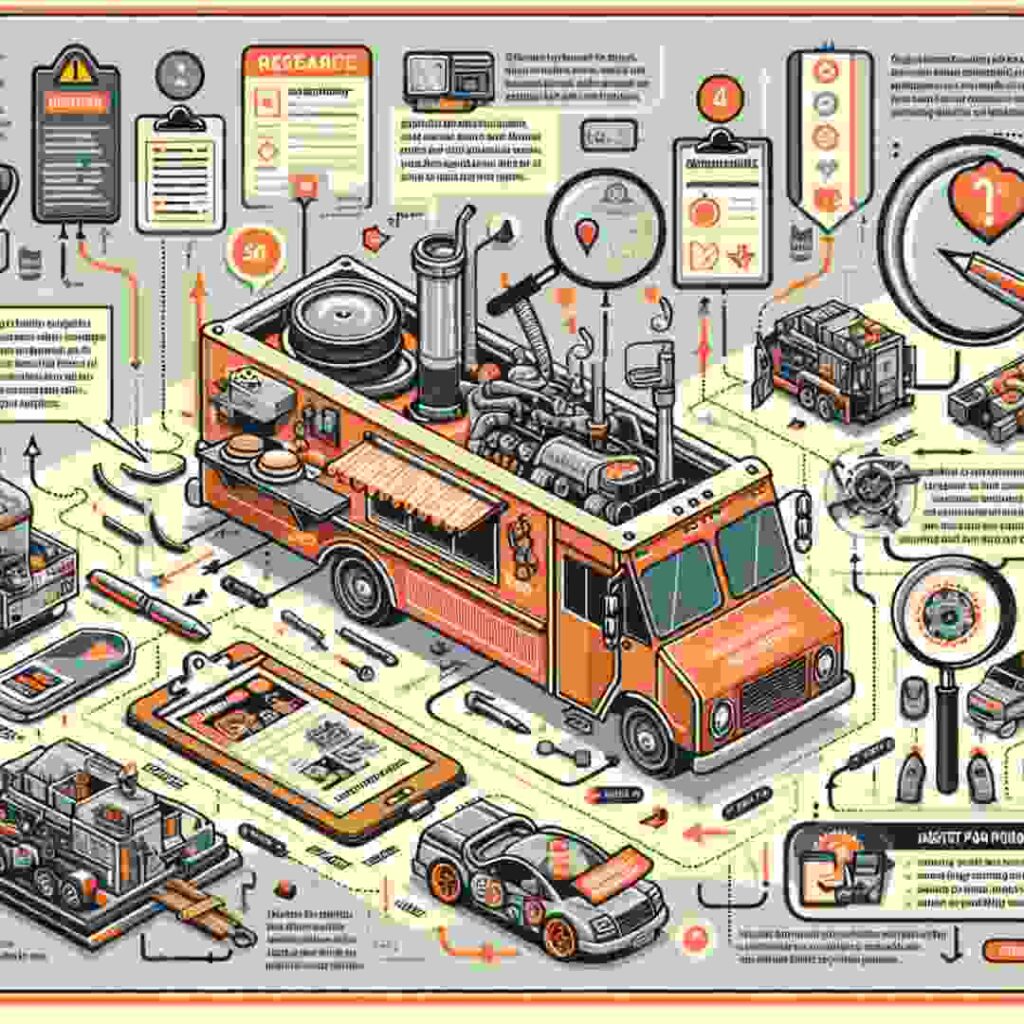
Research and Compare
Research is paramount. Compare prices from different sellers, check online marketplaces, and visit local dealerships. Reading reviews and seeking advice from current food truck owners can provide valuable insights into the buying process.
Inspect Thoroughly
Inspect the food truck from top to bottom. Check the engine, tires, brakes, and electrical systems. Test all kitchen equipment and ensure it meets health and safety standards. A comprehensive inspection helps identify potential problems before they become costly issues.
Negotiate Wisely
Don’t hesitate to negotiate the price. Sellers often have room for flexibility, especially if the truck has been on the market for a while. Highlight any needed repairs or missing features to justify your offer, and be prepared to walk away if the deal isn’t right.
Creating a Unique Concept
Once you have your food truck, focus on creating a unique brand. Develop a creative menu, design eye-catching graphics, and engage with your community. A strong brand identity attracts loyal customers and builds a lasting reputation.
Marketing and Promotion
Leverage social media, local events, and partnerships to promote your food truck. Create engaging content, share customer experiences, and offer promotions to drive traffic. Consistent marketing efforts ensure your food truck remains a sought-after destination.
Community Engagement
Fostering a sense of community goes a long way. Participate in local markets, collaborate with other vendors, and support local causes. Building relationships with customers and fellow entrepreneurs enhances your brand’s reputation and creates a supportive network.
Conclusion
Buying a used food truck is a strategic way to enter the bustling food industry with lower costs. By understanding the factors that affect pricing, exploring different price ranges, and considering financial implications, you can make an informed decision that aligns with your entrepreneurial goals. Remember, the most successful food truck businesses are built on passion, creativity, and a commitment to quality. Now that you’re equipped with the knowledge, it’s time to roll up your sleeves and start your culinary adventure on wheels.
Ready to take the plunge? Connect with seasoned food truck operators, join industry forums, and seek mentorship opportunities to gain firsthand insights and tips. Aspiring food entrepreneurs, your dream of owning a rolling restaurant is within reach!










